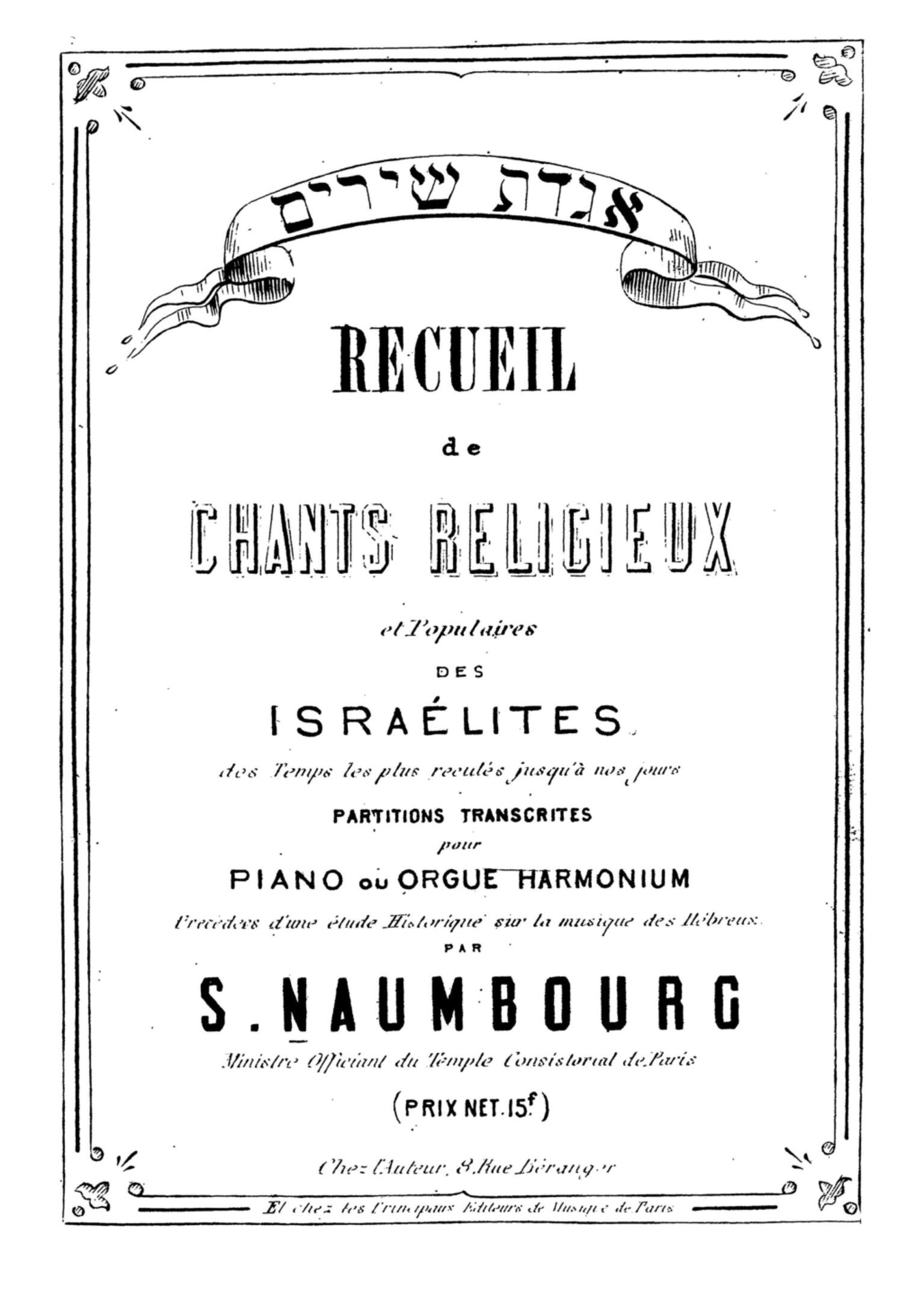Aggudat Shirim
Samuel Naumbourg
1874
Credits
Samuel Naumbourg, from Aggudat Shirim (Recueil de Chants Religieux et Populaires des Israélites), first ed. (Paris: S. Naumbourg, n.d.[1874]). Courtesy Sacred Music Press, Hebrew Union College–Jewish Institute of Religion, New York.
Published in: The Posen Library of Jewish Culture and Civilization, vol. 6.
You may also like
Songbird, or Six Folk Songs
Song of the Railway
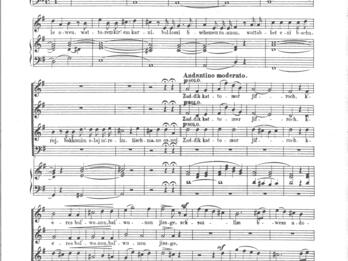
Psalm 92, Od yenuvun (They Shall Still Bring Forth)
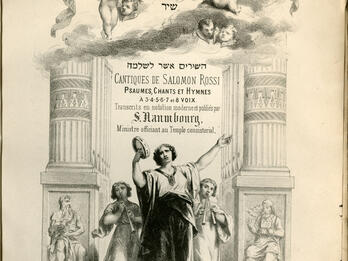
Title Page for His Version of Salamone de Rossi’s Hashirim asher le-Shelomoh (The Songs of Solomon)
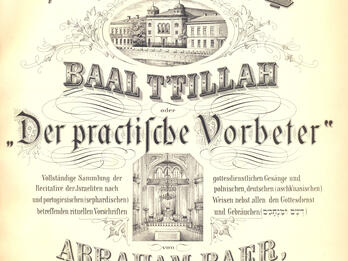
Baal T’fillah: Oder, Der practische Vorbeter (Prayer Leader: Or The Practical Litanist)
Statement upon the Publication of Denkschrift an die hochgeehrte Wiener israelitische Cultus (Memorandum to the Esteemed Viennese Israelite Religious Community)
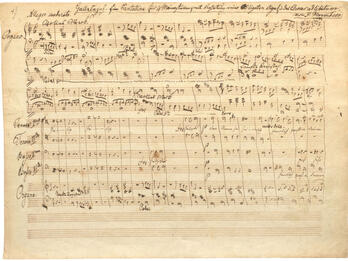
Related Guide
Music and Opera in Jewish Culture
One of the most striking changes in European Jewish culture toward the later eighteenth century was marked by the entry of Jews into art music, opera houses, and the stage.
Creator Bio
Samuel Naumbourg
Born near Ansbach, Bavaria (now in Germany), Samuel Naumbourg was raised in a family connected to a long lineage of cantors. After receiving musical training in Munich, Naumbourg settled in Paris in 1843, establishing himself as an influential choirmaster among the city’s synagogue choirs. Over the course of his career, Naumbourg compiled and published synagogue music for a broad audience, drawing on both his southern German heritage and conventions of opera popular in France at the time to give his music wide appeal.
You may also like
Songbird, or Six Folk Songs
Song of the Railway

Psalm 92, Od yenuvun (They Shall Still Bring Forth)

Title Page for His Version of Salamone de Rossi’s Hashirim asher le-Shelomoh (The Songs of Solomon)



